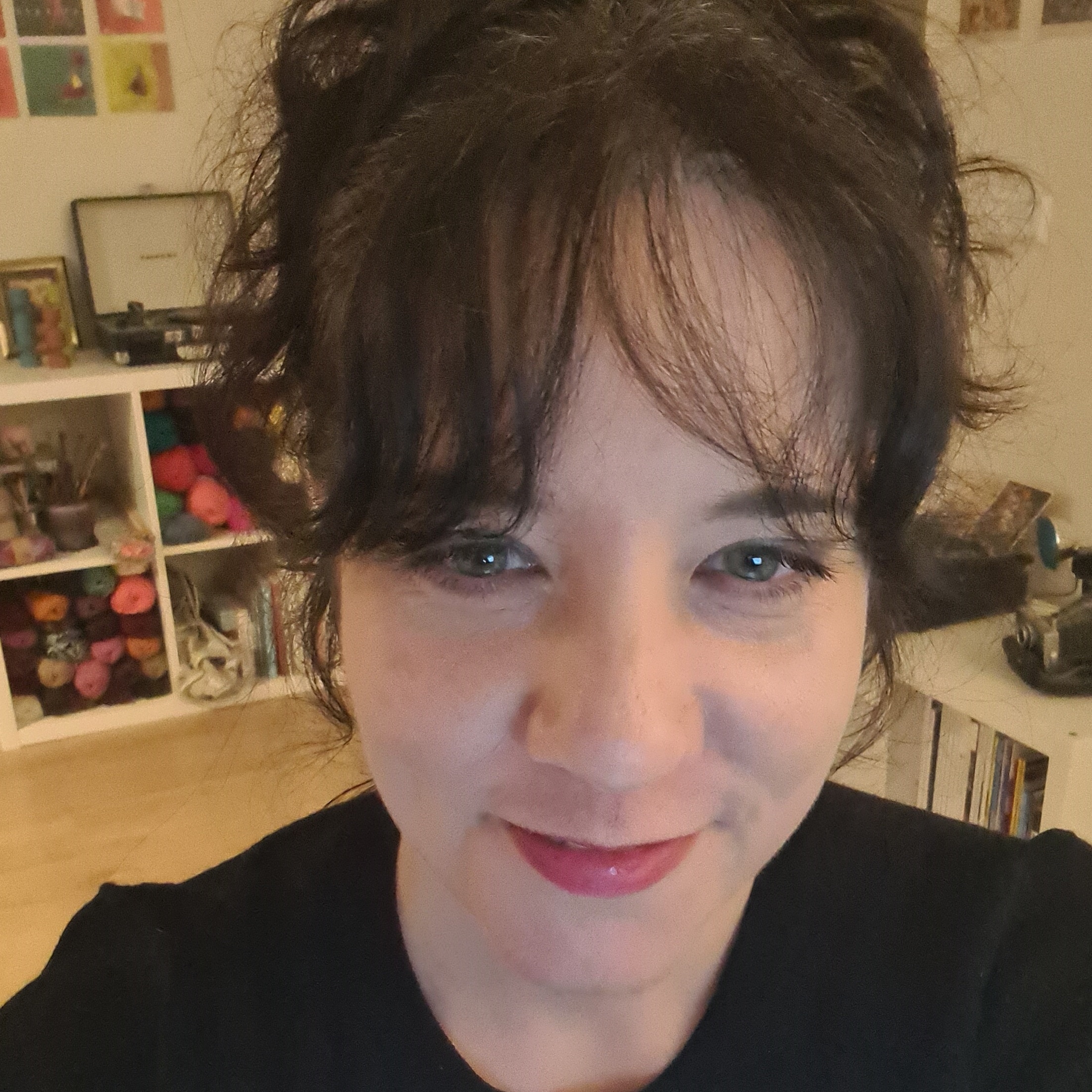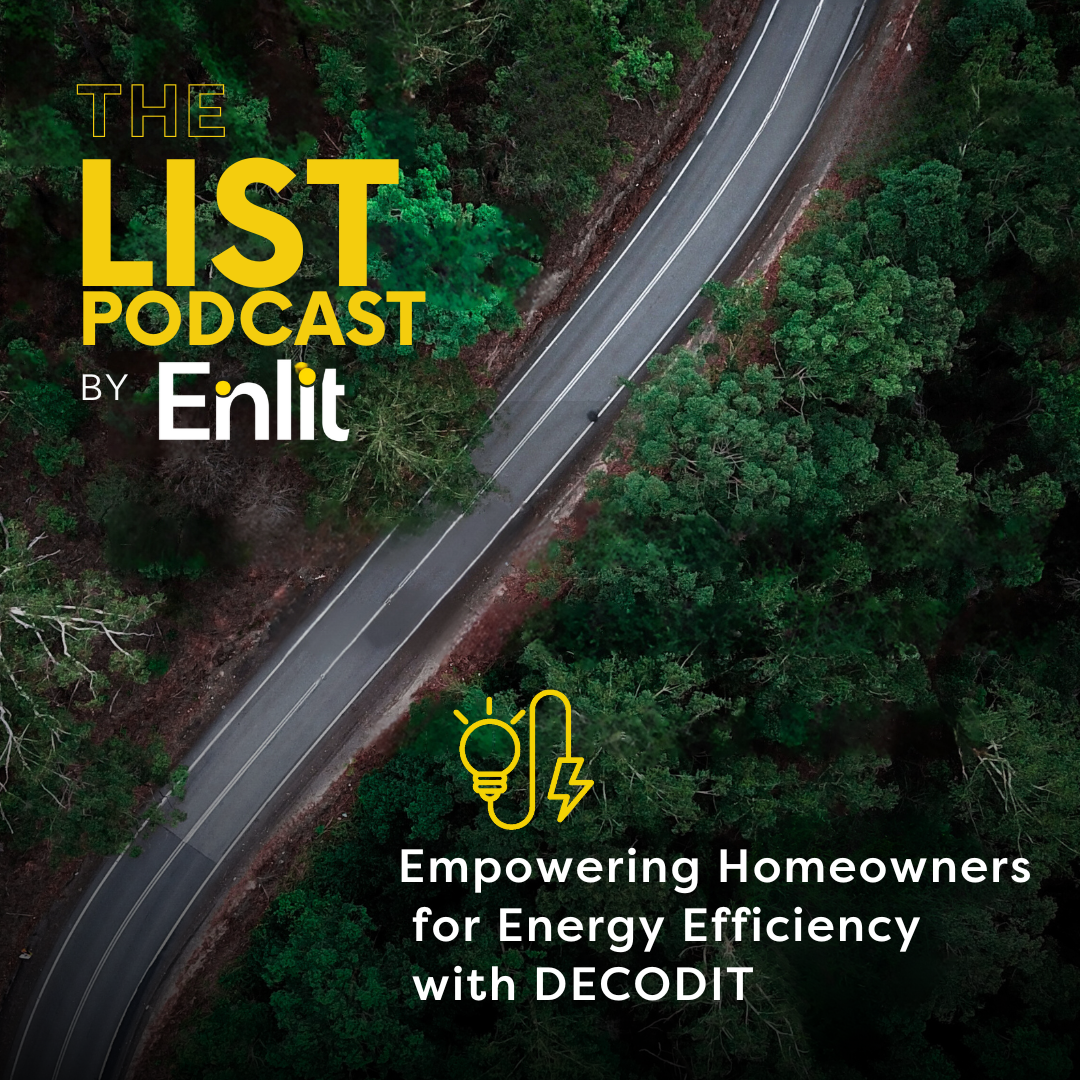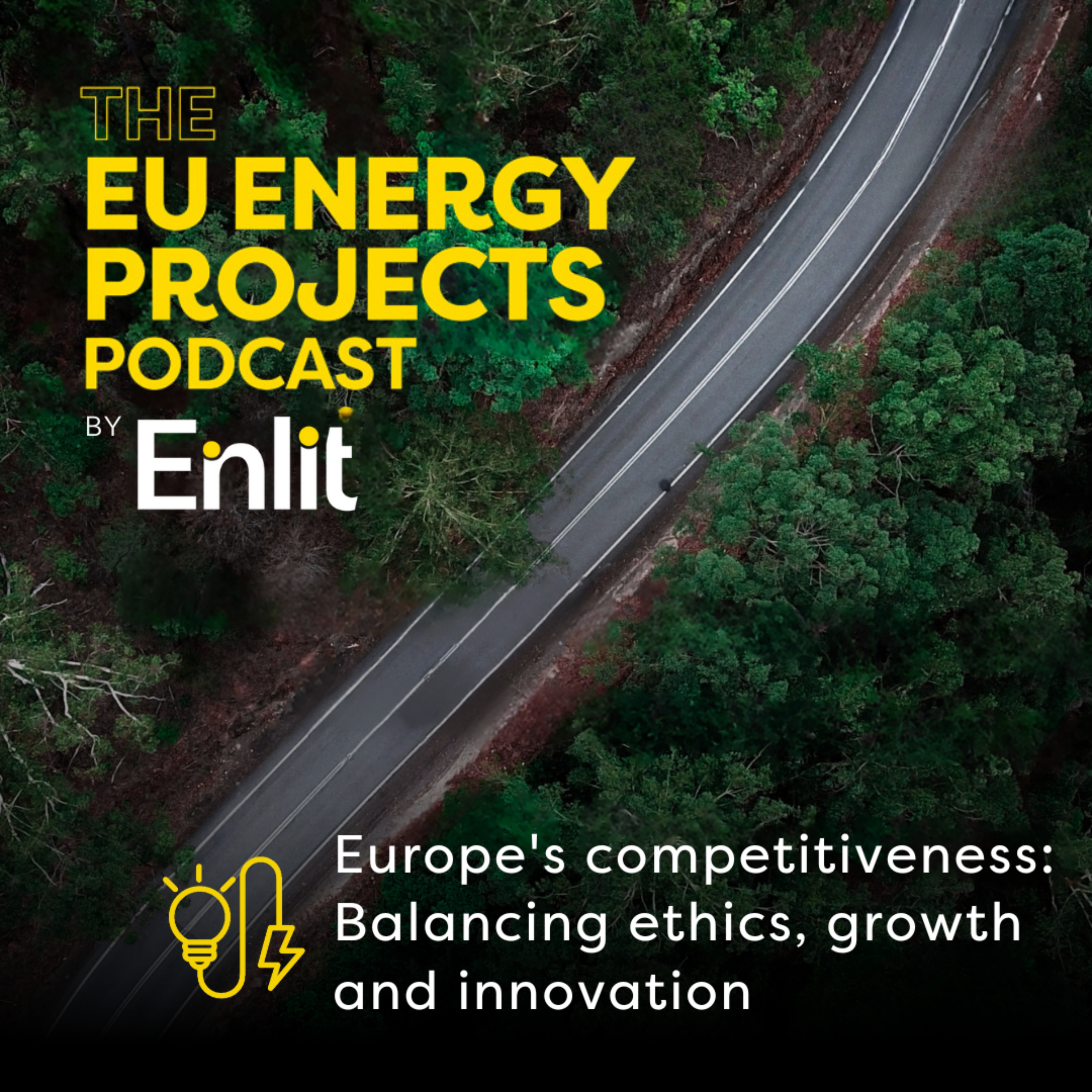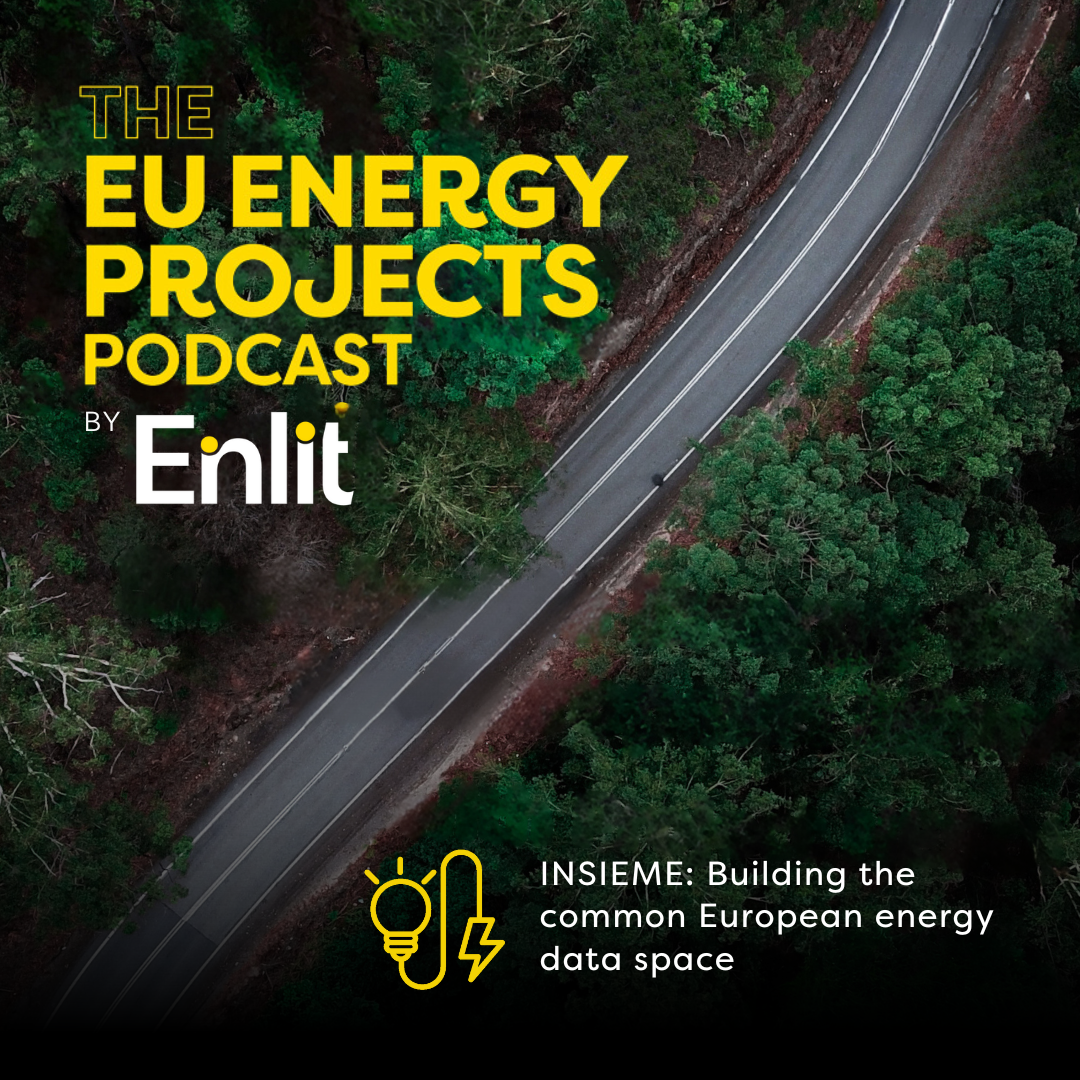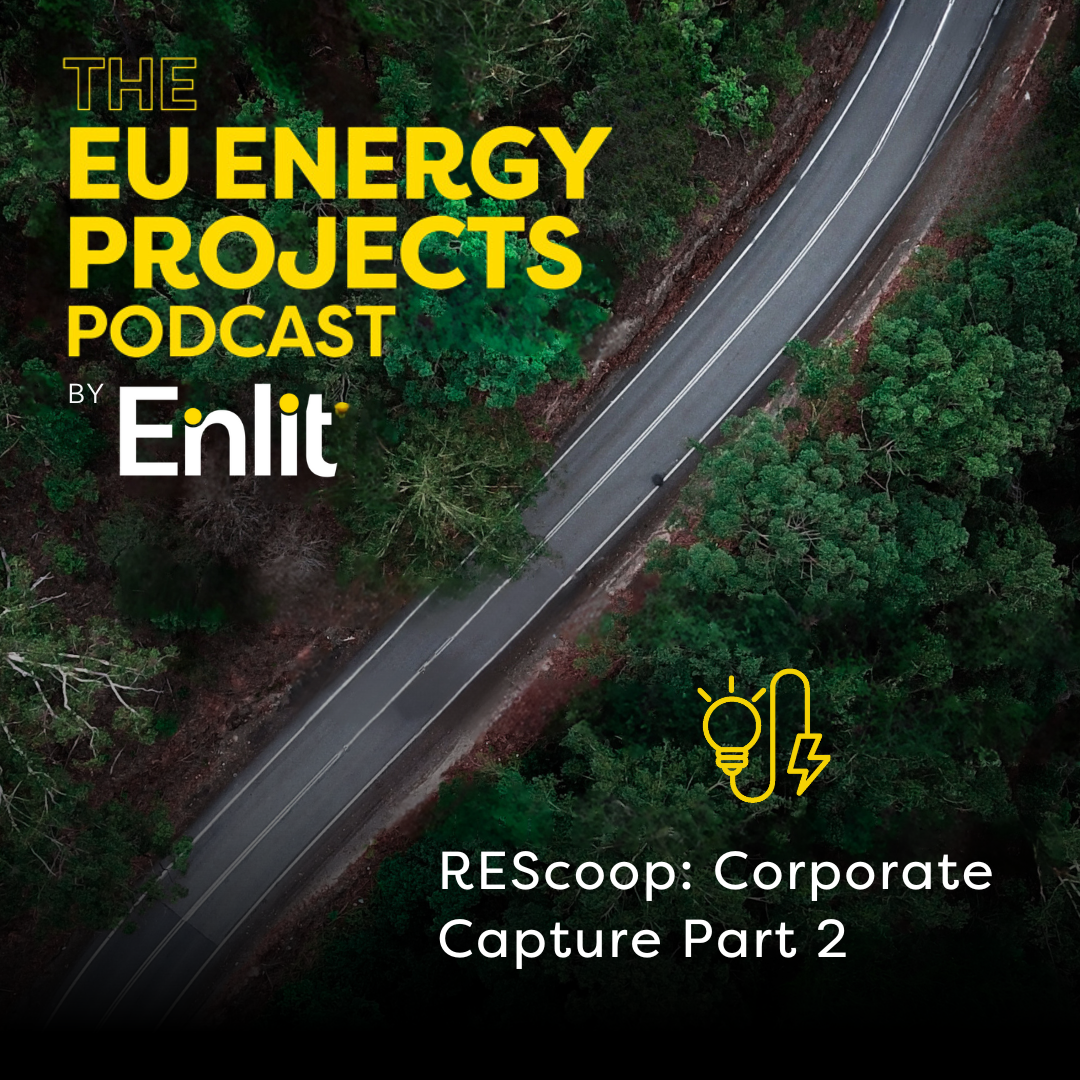Episode Transcript
[00:00:11] Speaker A: Welcome to the EU Energy Projects Podcast, a podcast series from Enlid and friends focusing on the clean energy transition for the European Union and the EU Commission funded energy projects that will help us achieve it. My name is Areti Daradimu, I am the editor of the EU Energy Projects podcast and your host project, Decoded is dedicated to empowering homeowners across Europe to navigate a complex energy transition, making it easier to modernize their homes for greater energy efficiency. This EU funded initiative is developing innovative digital tools that offer personalized data driven solutions to help citizens make informed decisions about home renovations and energy upgrades. Together with Stratiska Narajos, project lead of Decodit and my guest for this episode, we shall explore how the project is breaking down barriers for homeowners, simplifying financing and piloting solutions across diverse European regions to shape the future of sustainable living. Hello Stratis, can you please give us a brief overview of the Decoded project and its main objectives?
[00:01:23] Speaker B: Great. Decoded is a European funded project. It started in June. It is comprising 18 partners with different backgrounds and expertise, mainly in four categories. We have partners that specialize in the design of services, we have partners that develop technology, we have system integrators and we have partners that are specializing in assessing the impact of the project. We aim to help homeowners navigate the very difficult and complex landscape of building energy renovation.
[00:01:58] Speaker A: And how does Decoded plan to make the decision making process more accessible to citizens, particularly those with low energy or digital literacy.
[00:02:08] Speaker B: Great. So Decoded is actually trying to address two things, two main problems. One, if you look at the building energy renovation, this is a very complex landscape. Let's say about 100 different specializations are involved in it. So this is a very fragmented landscape that doesn't communicate with each other. So if you look at it, its domain is trying to optimize its own more or less perspective, thus making the decision making very complex for the homeowners. Now with Decoded, we develop all the tools that will bring the different domains together, will help the homeowner assess more or less the different options from one unique perspective that is fully comprehensible by the homeowner and therefore we help them overcome the challenges that they are currently facing. So it will be a very user friendly tool that will be accessible for people that are not necessarily digitally literate.
[00:03:08] Speaker A: But that also implies that data is, let's say, one focus point. Could you explain how the project gathers and uses data to provide personalized energy solutions?
[00:03:20] Speaker B: This is a very good question. We are aligned with the initiative from The European Union on developing a common energy data space.
This is a very interesting technology that allows more or less different stakeholders, end users, businesses, domains, to exchange data in a very secure and trustful manner.
It is characterized by two main features. One, you are in control of your data, so you know exactly what data you want to share, with whom you want to share, and at any point you can follow the data so you know exactly what is going on with your data. Now, the second one is you can exchange data without necessarily taking your data and storing them in a central repository. They stay with you and the data exchange can happen peer to peer. This is very important from a cybersecurity.
[00:04:12] Speaker A: Point of view, but it also needs some home upgrades, I would assume for the homeowners. And not everybody can pay for these upgrades. So how does the code aim to address this challenge? Through the innovative loan underwriting approach.
[00:04:28] Speaker B: So, first of all, let's try to make an analogy. The same way we are going today in trying to buy a car, for example, and we know that there are different solutions, for example, a cheap or an expensive solution, or the colors you can choose for your car. The same thing will eventually happen also with decoded. So, depending on the context, on the financial more or less capability of the homeowner of her or his interests, this loan underwriting approach will help the homeowner, based on his constraints and based on the characteristics of his building and his preferences, will give the best possible option for him in order to make it accessible also for him.
[00:05:11] Speaker A: Now the CODIT is piloting its services in four different European countries. How do these different cultural, regulatory and climate conditions, not to mention also money conditions, influence the design and testing of the project's tools?
[00:05:27] Speaker B: This is a very good question as well. So we have four pilot sites, one in Greece, one in Switzerland, one in Latvia and one in Spain. As you may understand, these countries and the pilot sites there have very different, first of all, meteorological conditions have very different socioeconomic background with regards to the more or less building occupants, and they have also very different cultural more or less backgrounds. So for us, it's a very interesting approach how we can develop a solution that is adapted and can fit all these different more or less pilot sites characteristics at the same time being scalable and decoded. Through its partners that are specialized in the development of building services and service oriented more or less solutions are implementing a very innovative approach that can make this happen through a context based approach. So our solutions will be based on the context and through the methodology that's currently being developed. This will become possible.
[00:06:28] Speaker A: Language is also another issue there. What role do natural language interfaces play in decoded digital services and how do they end enhance user experience?
[00:06:38] Speaker B: That's a very important aspect as well. It's the so called human machine interface. So the natural language processing will make it much more easy for someone to communicate with. First of all, the solution and the more or less the interface that is required for this. So instead of navigating a very complex graphical user interface that is currently the situation, you will be able to ask questions that are easily understood by anyone. For example, how can I improve, for example, my energy efficiency, how can I reduce my electricity bill? And so on. These type of questions are more or less the entry point for the natural language processing assistant to help us find the right solutions for the particular problem or for the particular building occupant.
[00:07:28] Speaker A: Now, another goal for the project that has a lot of goals, if I may say so, is to propose new business models and regulatory conditions. Could you share more about how Decoded plans to influence market structures and policies to accelerate energy efficiency adoption?
[00:07:46] Speaker B: So, first of all, one of the very important aspects that you mentioned before is the loan underwriting approach is how we combine finance with building energy, renovation solutions and also energy management. Now, in order for this to happen, first of all, data need to be shared between these different domains and they need to be shared in a way that enhance the trust building occupants and end users have towards the system and also make it very accessible to them. So one of the areas we definitely foresee us contributing in this regard is the data sharing approach and how this is regulated and is going to be regulated, especially with regards to AI in Europe.
[00:08:32] Speaker A: How would you say that policymakers, local authorities and other stakeholders support the success of projects like Decoded that are just starting their innovative journey.
[00:08:45] Speaker B: So it is very important for projects like Decoded to have more or less stable legal framework. So in minimizing the differences between the legal more or less framework between the European countries is a very important aspect. So having a very clear regulatory framework is important and also being able to enhance interoperability between the different parts of the system, let's say smart home energy devices and for example the network operator. These are important aspects. So European Union has recently developed the code of conduct for interoperable smart home energy devices. And such a framework is going to act like a catalyst to us. So this kind of initiatives that bring industry and end users, consumers together is a very important step in project like projects like Decoded.
[00:09:42] Speaker A: If you could ask the European Commission for one thing. What would that be?
[00:09:46] Speaker B: To fund continue funding projects like Decoded, where the focus is not just on the technology aspect, but it's also on the end user, on the consumer, and how we can make technology accessible to them from a financial point of view and from a digital literacy point of view. So I think continuing this direction is a very important step.
[00:10:09] Speaker A: Well said. Thank you very much srti, for this very interesting conversation.
[00:10:13] Speaker B: Thank you. Rati.
[00:10:16] Speaker A: You've been listening to the EU Energy Projects Podcast, a podcast brought to you by Enlite and France. You can find us on Spotify, Apple and the Enlit World website. Just hit subscribe and you can access our other episodes too. I'm Aretit Daradimu. Thank you for joining us.
